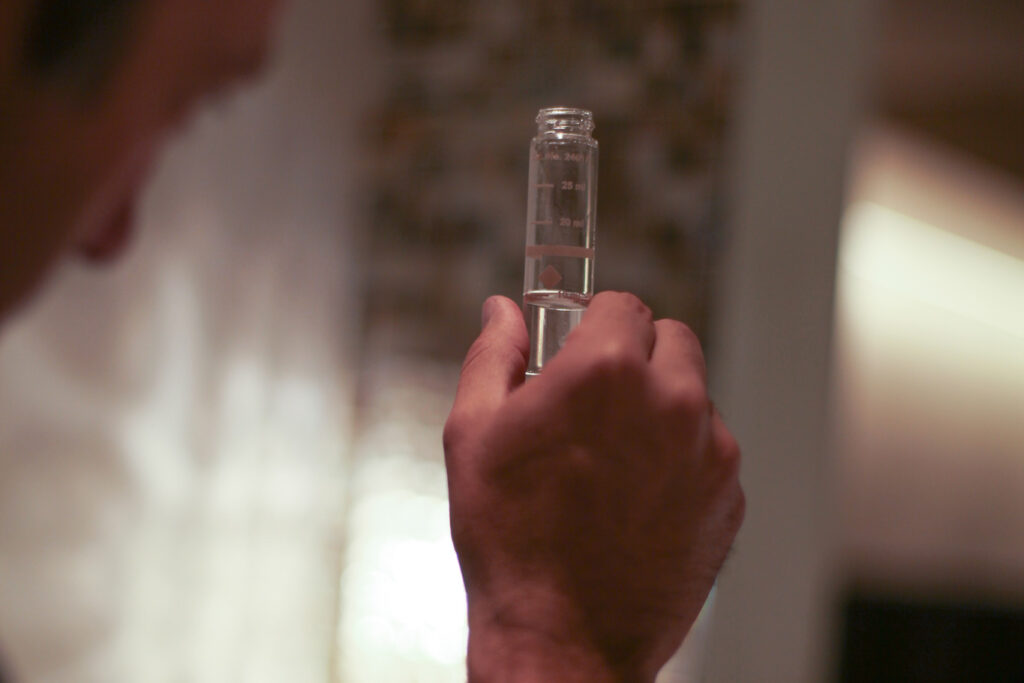Within the realm of Legionella servicing, prioritizing safety measures against Legionnaires’ disease remains essential. A common question that arises is whether Legionella testing is necessary. Recognizing the significance of proactive approaches in Legionella management is vital for upholding health and safety standards. Let’s explore the fundamentals of Legionella testing and its importance in protecting public health.
Is Legionella Testing Required?
Legionella testing is not universally required but is often recommended or mandated by regulations in certain situations. Legionella testing requirements typically depend on factors such as the type of facility, its usage, and local regulations. Facilities such as hospitals, nursing homes, hotels, and other buildings with large water systems are often subject to Legionella testing requirements due to the potential health risks associated with Legionella bacteria, particularly Legionella pneumophila, which can cause Legionnaires’ disease, a severe form of pneumonia.
Legionella testing may also be necessary as part of risk management plans to ensure the safety of water systems. In some regions or industries, specific regulations may dictate the frequency and scope of Legionella testing. For example, in the United States, the ASHRAE Standard 188 outlines guidelines for managing the risk of legionellosis associated with building water systems.
Legionella testing kits are available for conducting these assessments. These kits typically contain the necessary materials for collecting water samples from the system under investigation. The collected samples are then analyzed for the presence of Legionella bacteria using specific laboratory methods.
It’s important for facility managers and relevant personnel to familiarize themselves with local regulations and guidelines regarding Legionella testing requirements to ensure compliance and maintain a safe environment. Failure to comply with these regulations can lead to legal penalties and, more importantly, risks to public health. Therefore, regular Legionella testing and appropriate management practices are often considered essential components of water safety programs.
What is the OSHA Standard for Legionella?
OSHA does not have a specific standard addressing Legionella bacteria. However, OSHA enforces Legionella-related requirements under its General Duty Clause, which mandates that employers provide a workplace free from recognized hazards that are causing or likely to cause death or serious physical harm to employees.
While OSHA doesn’t have specific Legionella CFU (colony-forming units) limits, employers must follow guidelines provided by organizations such as the CDC and industry standards to manage the risk of Legionella exposure.
The CDC provides guidelines and recommendations for Legionella testing and control, including suggested sampling protocols, acceptable levels of Legionella bacteria in water systems, and strategies for mitigating Legionella growth. These guidelines help inform best practices for Legionella management in various settings, including healthcare facilities, hotels, and other high-risk environments.
Employers should regularly assess their water systems for Legionella contamination, implement control measures to minimize the risk of Legionella growth and exposure, and follow appropriate testing protocols based on CDC guidelines and industry best practices. This includes monitoring Legionella CFU levels in water samples taken from relevant water systems to ensure compliance with established guidelines and to protect the health and safety of employees and others who may be exposed to these water sources.
What Do You Do if Test Positive for Legionella?
Following a positive Legionella test, your response hinges on the levels of bacteria detected, particularly in reference to Legionella CFU limits. Once armed with this information from Legionella testing, you can formulate appropriate remedial measures.
If heightened levels permeate the entire system or reach a concerning threshold, isolating the affected parts becomes imperative. In severe cases, it may be necessary to suspend the operation of the entire water system until remedial actions are carried out.
In such critical situations, it is recommended to consult with an expert in water management, infection control, or environmental health to help determine the next course of action. Their expertise can guide you in making informed decisions to effectively address the contamination.
Do You Have to Report Legionella?
Legionnaires’ disease cases must be reported to the Department of Health (DOH). If the DOH orders testing following a reported or suspected case, the results must be submitted as instructed.
However, routine Legionella testing outcomes are not mandatory for reporting and are generally discouraged from being reported. Typically, routine Legionella testing serves as part of the validation process for a Water Management Plan (WMP), with results shared with the DOH only in cases where there is a confirmed facility-related instance of Legionnaires’ disease.
Prioritizing Legionella Testing with IWC Innovations
In conclusion, while Legionella testing is not universally required, its importance cannot be overstated in safeguarding public health, particularly in environments where Legionnaires’ disease poses a risk. Understanding the necessity of proactive measures and compliance with relevant regulations and guidelines is paramount for facility managers and stakeholders, including those associated with IWC Innovations.
Regular Legionella testing, coupled with appropriate management practices and expert consultation when needed, ensures the safety of water systems and minimizes the risk of Legionella contamination. By prioritizing these measures, including those implemented by IWC Innovations, we can effectively mitigate the threat of Legionella bacteria and uphold health and safety standards in our communities.






